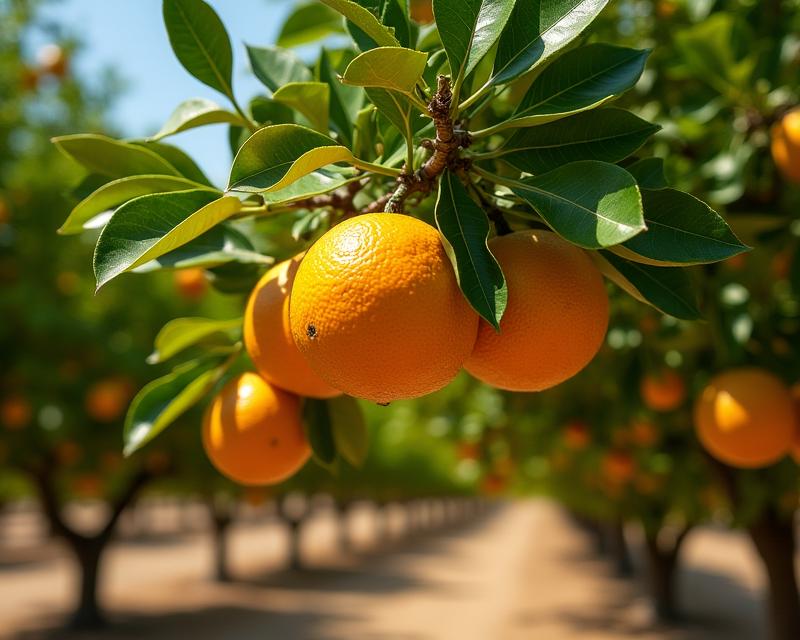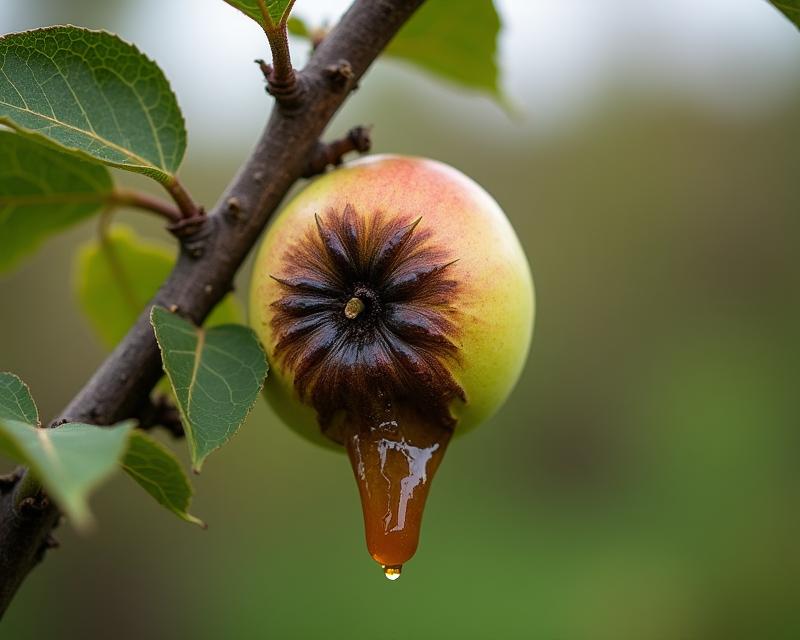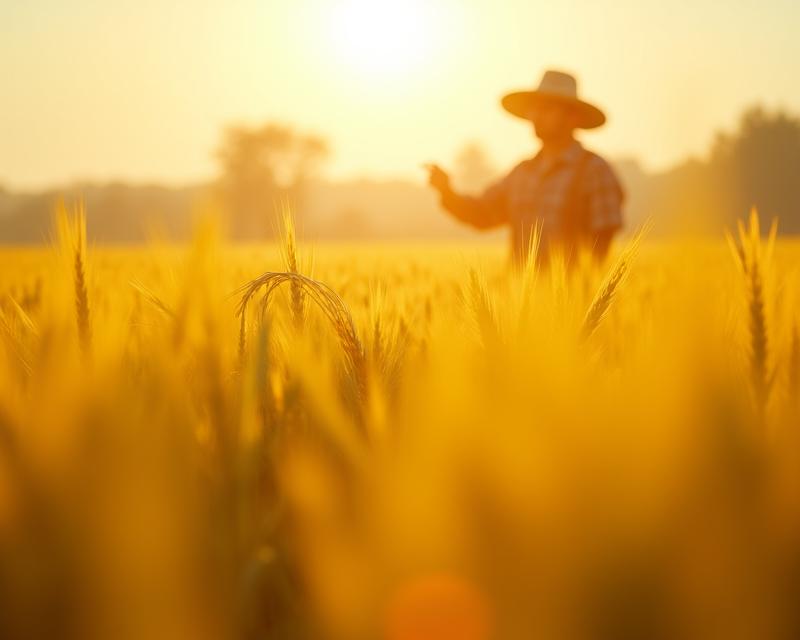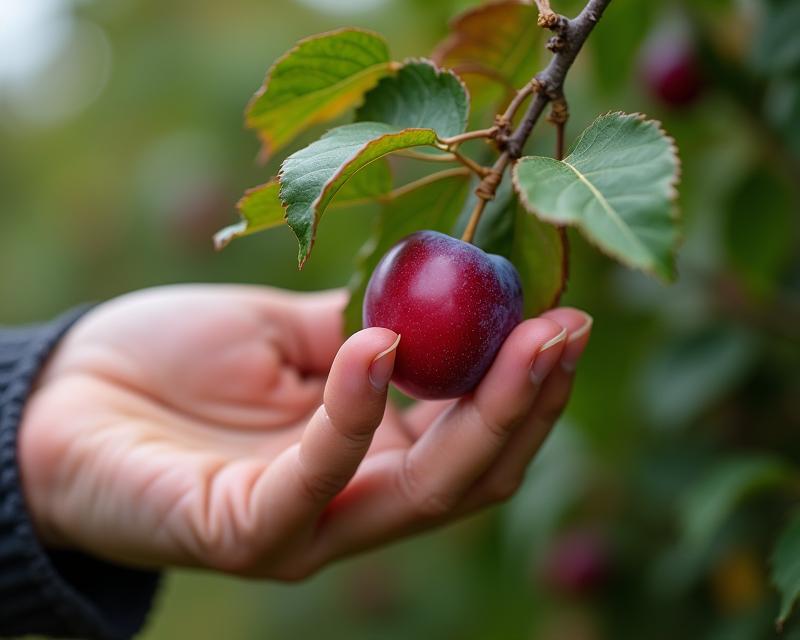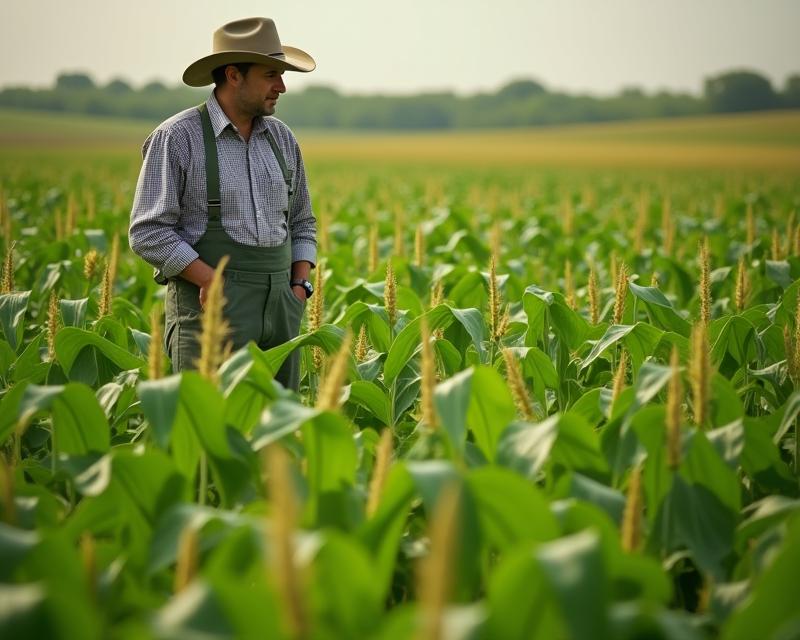Post-Harvest Prep: Extend Your Veggie Life!
Publish in Crops el 04/07/2025 00:59
Post-Harvest Prep: Extend Your Veggie Life!
Harvest time! There's nothing quite like the satisfaction of bringing in a bountiful crop. But the work doesn't end with the harvest itself. Proper post-harvest handling is crucial for maintaining quality, extending shelf life, and minimizing waste. Taking a few extra steps now can mean more profit and less frustration later.
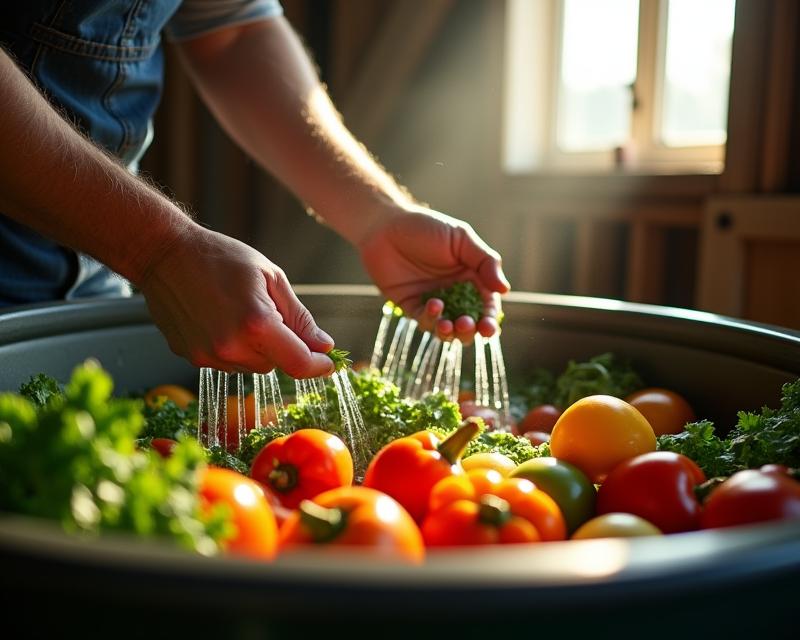
Washing: Removing the Dirt
The first step in post-harvest processing is washing. It's vital to remove soil, debris, and any potential contaminants. For most vegetables, a gentle rinse under cool, running water is sufficient. Avoid soaking vegetables for extended periods, as this can lead to waterlogged tissues and spoilage. Leafy greens, in particular, benefit from a thorough rinse, paying attention to crevices where dirt can hide. Consider using a vegetable wash specifically designed for produce, following the product instructions carefully. For root vegetables like carrots and potatoes, a scrub brush can help remove stubborn soil.
Drying: Preventing Mold & Decay
After washing, proper drying is essential. Excess moisture encourages mold and bacterial growth, significantly shortening shelf life. Use a clean cloth or a salad spinner to remove as much water as possible. Allow vegetables to air dry completely before storing. For items prone to moisture, like mushrooms, a gentle patting dry is best. Ensure good air circulation during the drying process. You can even lay leafy greens out on a clean towel in a well-ventilated area for a few hours.
Storing: Preserving Freshness
Now for the storage! Different vegetables have different storage needs. Generally, most vegetables benefit from cool, humid conditions. Many can be stored in the refrigerator's crisper drawers. However, some, like tomatoes, are best stored at room temperature until ripe and then moved to the refrigerator. Separate ethylene-producing vegetables (like apples, bananas, and avocados) from ethylene-sensitive vegetables (like leafy greens and broccoli) to prevent premature ripening and spoilage. Consider using perforated plastic bags to allow for some air circulation. Root vegetables like potatoes and onions should be stored in a cool, dark, and dry place, away from direct sunlight.
Curing: A Special Step for Some
Some crops, like onions, garlic, and squashes, benefit from a curing process. Curing involves drying the outer layers of the vegetable, which helps to toughen the skin and extend storage life. This is typically done by hanging the vegetables in a well-ventilated, dry place for a week or two. Proper curing is essential for long-term storage of these crops. Research the specific curing requirements for each type of vegetable you grow to maximize its storage potential. By implementing these simple post-harvest techniques, you can significantly reduce waste and enjoy your harvest for longer!
